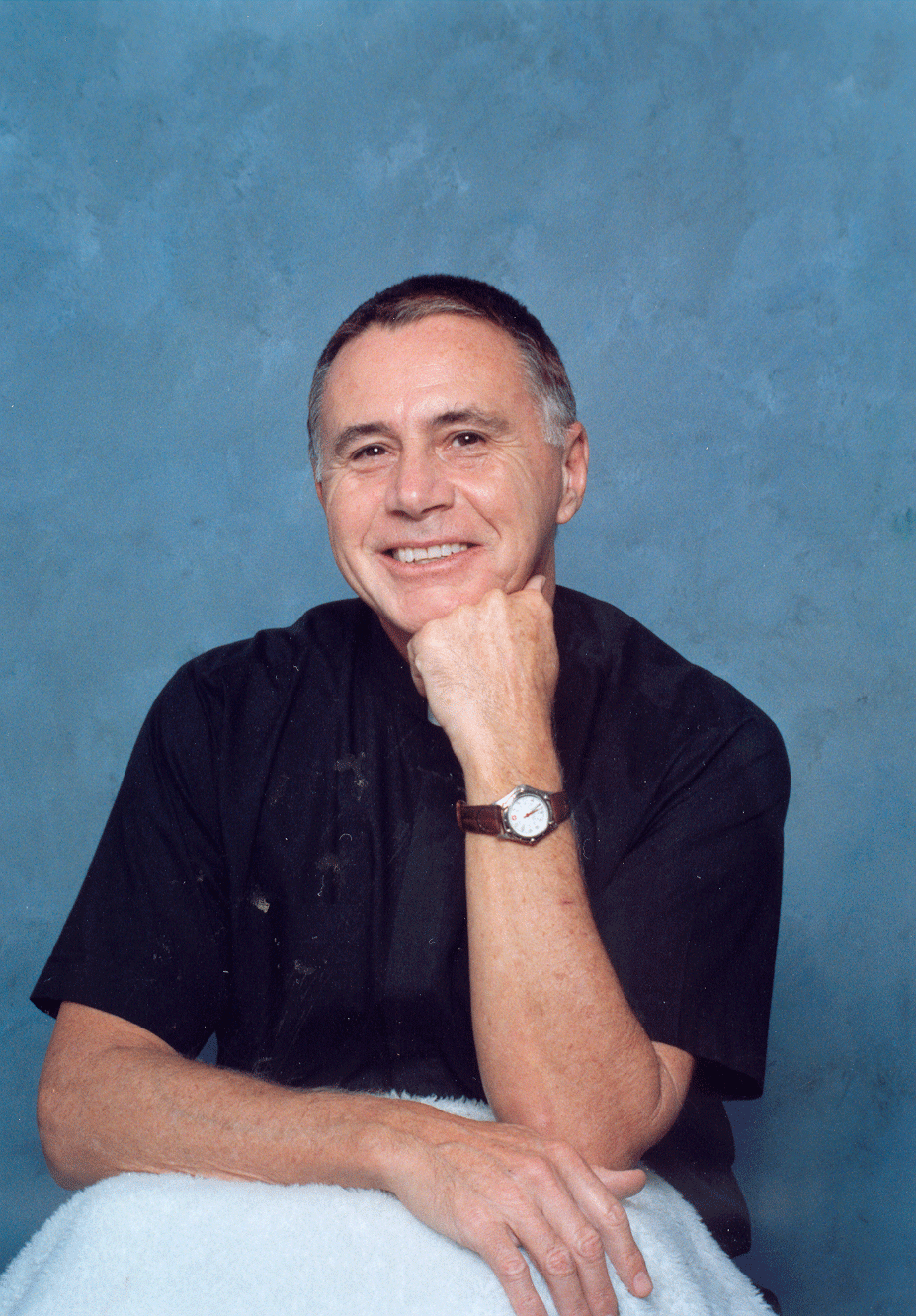January 31, 2016
If God were the owner of a sports team, it might seem to us as if God had a way of picking up mostly second- and third-rate players.
God never seems to go for the tried and true, the top of the heap or the best in the bunch.
Whenever God calls forth believers and followers, God picks the youngest, the forgotten, the overlooked, the sinner, the enemy or the blind.
The list of who God trusts and has confidence in doesn't always include the credentialed and prominent from this world's list of Who's Who.
In today's Gospel we read about the healing of the man who was born blind.
In the cultural world of first-century Palestine, blindness was regarded as a sign of sin, either by one's parents or by the person himself.
The disciples ask Jesus whose sin caused the man's blindness.
Jesus responds by choosing to make the blind man a sign of God's power.
He cures him of his blindness and, when the man returns, able to see,
what follows is one of the liveliest exchanges in the Gospel, full of complicated characters and intriguing debate.
Jesus chose a seemingly inconsequential character to reveal his role as the light of the world.
By the end of this story the blind man will make a profession of faith and give praise and honor to God in the face of outright contempt.
Consider the cast of characters in this story:
There are neighbors who have only known the blind man as a beggar.
Yet they all have different perceptions and can't even agree if this healed man is the same person.
Like witnesses to a traffic accident, they are not sure what they have witnessed.
The Pharisees arrive, concerned that Jesus healed the blind man on the Sabbath, breaking the law.
But even they can't agree on whether Jesus himself is a sinner.
The parents of the man were summoned.
They don't want to commit themselves because they know this can get them ostracized.
So they put it back on their son: "He can speak for himself'
The Pharisees ask-again, "What did he do to you? How did he open your eyes?"
The man born blind, now able to see, stands before the mall, reaffirming his story: "One thing I do know is that I was blind and now I see ... I told you already and you did not listen. Why do you want to hear it again?"
In the end, after a pointed theological discussion with the authorities about their inability to see that Jesus was from God; they throw him out.
Instead of acknowledging the obvious power of an unheard of miracle — the healing of a man born blind — the authorities fall back on their assumptions about who is a sinner:
"You were born totally in sin and are you trying to teach us?"
They learn nothing from this man.
He is in that category with the youngest, the forgotten, the overlooked, the sinner, the enemy.
Yet he is chosen by Jesus to be a faithful witness to the power :and glory of God: "I do believe," he says, beholding the face of the Messiah.
You and me, we are among these characters on whom God bets the future.
At times my disbelief clouds my faith.
My arrogance about the rightness of my way blocks my conviction that God acts differently than I expect.
At times I am afraid of being ostracized and keep my faith hidden.
As I pass the halfway mark of my Lenten journey toward Jerusalem, I ponder these stories and thoughts.
By continuing my Lenten journey, I am submitting my own blindness to Jesus.
I am clinging to Paul's words: "Awake, O sleeper, and rise from the dead, and Christ will give you light," as I whisper: "I do believe."


No comments:
Post a Comment
Add